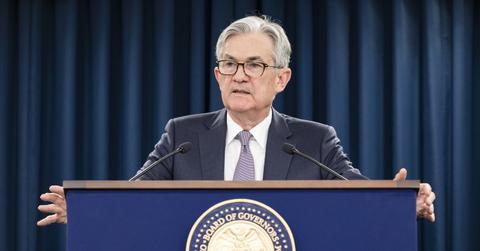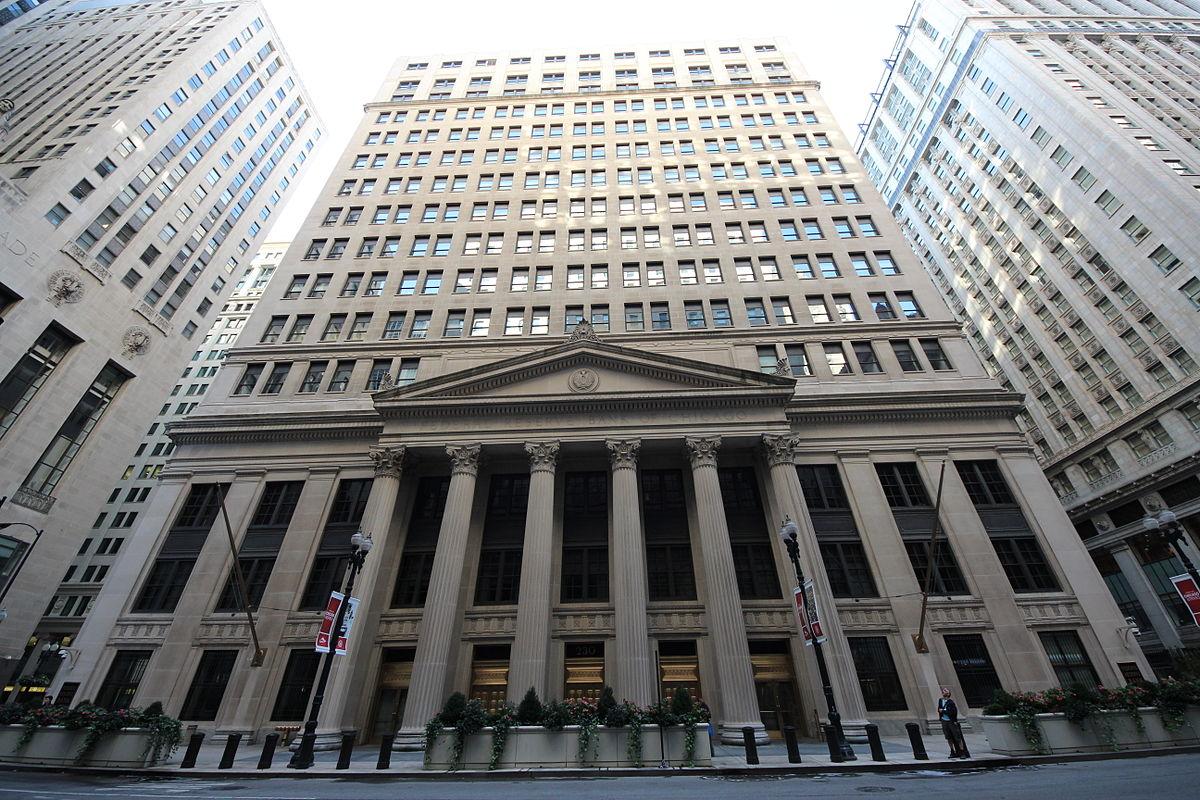What Happens If the Federal Reserve Crashes?
If the Federal Reserve crashes, what would happen to the general public's life as they know it? Would it be possible for the Fed to crash completely?
Feb. 26 2021, Published 11:23 a.m. ET

The U.S. Federal Reserve's electronic payment system took a tumble this week after government entities and banks weren't able to send or receive payments for a period of time. The problem has since been fixed, but for many of us, it paints a more fallible picture of the Fed.
The U.S. government borrows money at an alarming rate. Many people wonder what would happen if the system ceased to function as it's meant to. The potential result really depends on how you define the term "crash."
At its worst: A nationwide economic collapse

Chicago Federal Reserve Building
Because the U.S. is so large—and its economy so robust—a true collapse of functionality for the Fed is extremely unlikely. However, it's worth considering what would happen in the event of a total crash.
In recent history, we got awfully close to a full-on collapse when the Fed's Primary Fund sank below $1.00 per share. This occurred on September 16, 2008. However, it was a near collapse and not a total one. The Fed and the national government elevated the financial sector, which had been impacted negatively by frenzied money market withdrawals.
Without interference, it's likely that the supply chain would have suffered the brunt of things, all the way down to the common consumer.
Because of the tools in the Fed's toolbelt (like liquidity injection or contractionary monetary policy), it's able to avoid wholehearted crashes.
Historically, economic crises are far more likely
Despite the fact that a full-on collapse isn't likely, the Fed's struggles have often led to crisis points. Recent examples include the 2020 recession caused by the global COVID-19 pandemic.
Before that, most of us lived through the 2008 financial crisis, where banks were bailed out in droves. This came after early warning signs like low housing prices and high mortgage loan defaults.
Recessions also occurred in 2001 after the 9/11 tragedy, in 1989 after 1,000 banks closed their doors following the Charles Keating scandal, and in 1981 when inflation was rising in the double digits.
Are we at risk of the Fed collapsing?
For many large organizations, issues with the Fed's tech functionality have caused hearts to skip a beat despite the fact that it has been deemed an operational error. We're already in the midst of a recession, but many people fear that the struggles up to this point have just been warning signs of something much worse.
At the same time, rising inflation rates are causing stock market equities—particularly those in the large-cap tech sector—to falter.
So does that mean the Fed is going to experience a full-on collapse? No, it doesn't. What it does mean, however, is that economic recovery might not be right around the bend as some constituents have hoped.
With bond yields continuing to rise, we're still weighing the outcomes between sustained inflation and economic growth. For the former, the toughest struggle might be en route for Americans. For the latter, maybe not so much.
